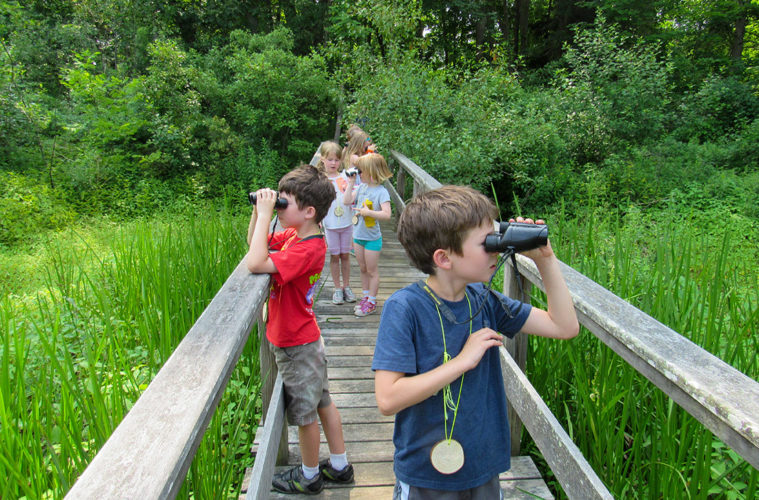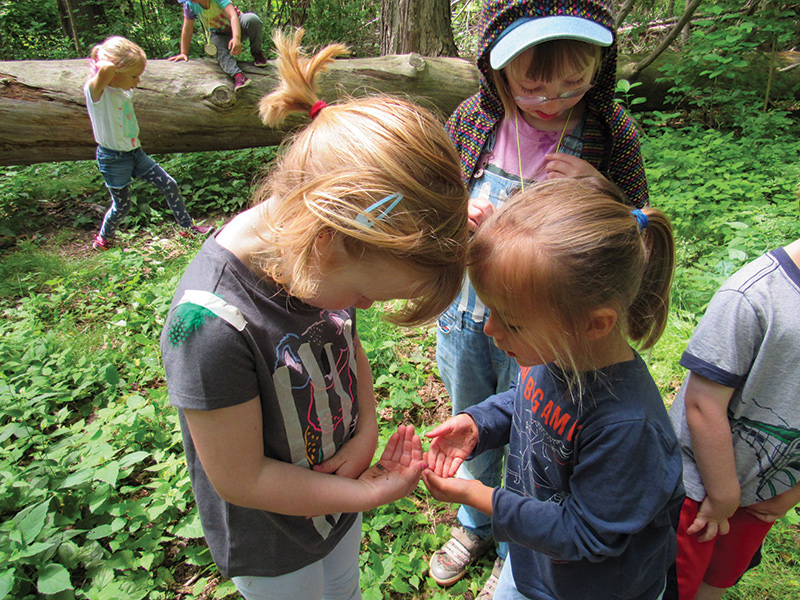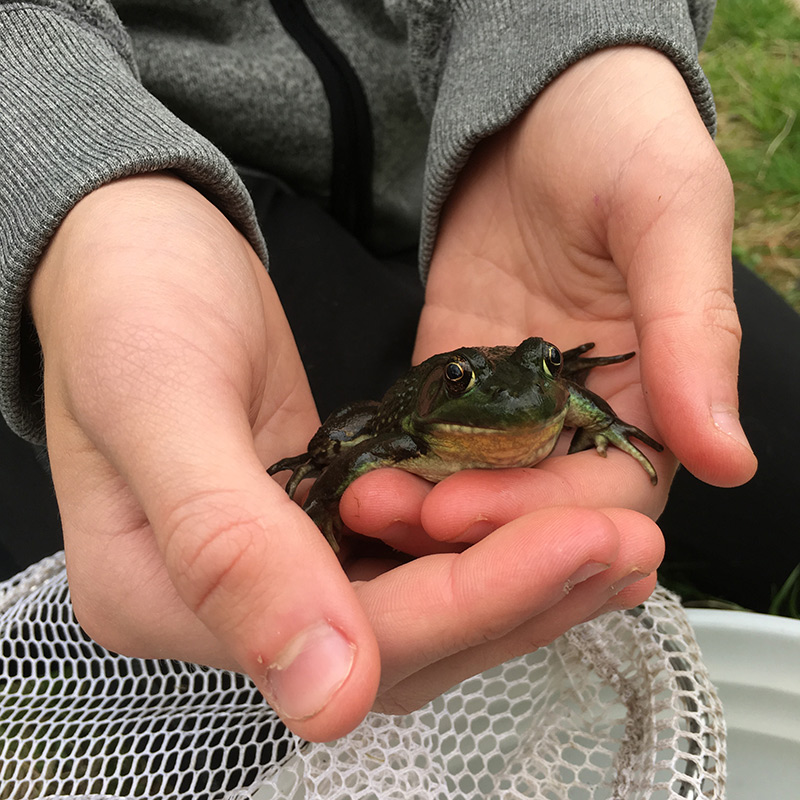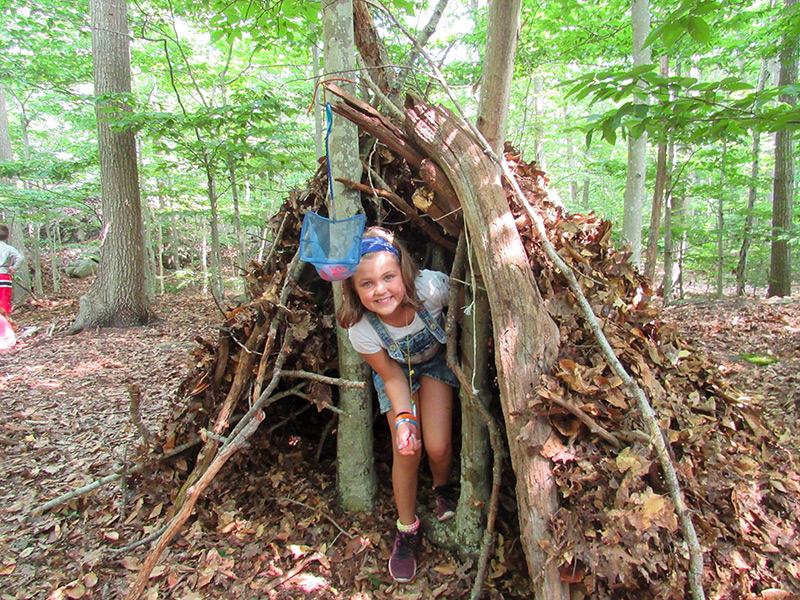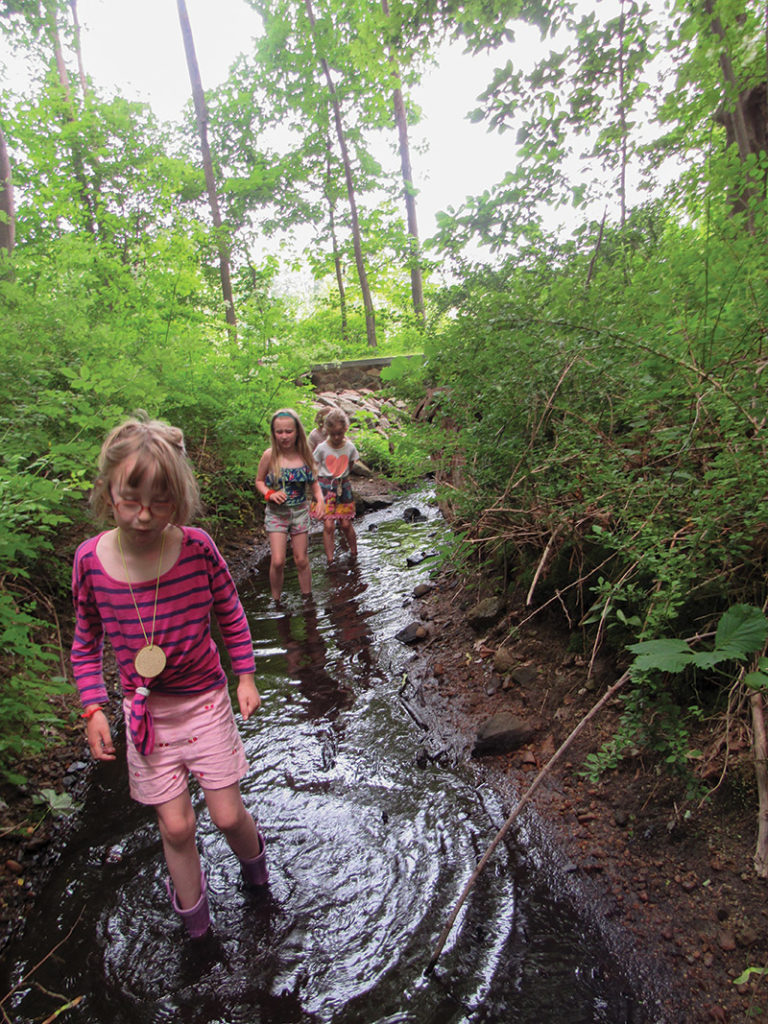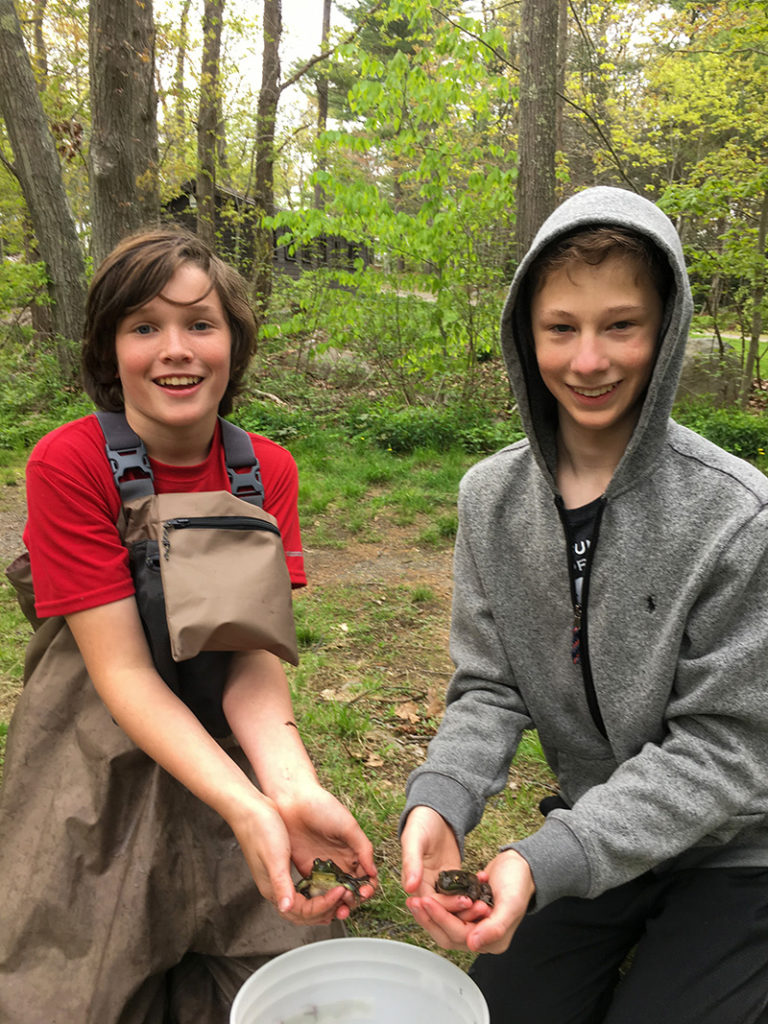Kestrel Educational Adventures aims to teach kids about science. But observe one of its classes and you will see no test tubes, no microscopes, no heads bent over the periodic table.
“If you come upon a Kestrel program, what you’ll see is a bunch of muddy kids with nets, yelling about what they found,” says Jessica Kagle, founder of the Hamilton-based educational nonprofit.
This spirit of dirty hands and enthusiastic sharing is at the heart of Kestrel’s educational philosophy. The organization runs in-school (but often outdoor) science programming that lets students from kindergarten to high school explore topics from intertidal ecosystems to the ecology of predator and prey. Kestrel also runs a conservation club for teens and tweens and summer adventure camps. All these offerings are united by Kestrel’s hands-on, student-led approach to learning and a passion for helping children learn to understand and value the natural world.
“When people have exposure to the natural world and the scientific process, we trust that they will value the natural world,” Kagle says.
Kestrel began in 2002 when Kagle, who was finishing up her studies in experiential education at the Harvard Graduate School of Education, decided to volunteer with the Cape Ann Vernal Pond Team, an environmental protection and education nonprofit based in Gloucester. Throughout her life, Kagle had been drawn to the natural world, though her upbringing in New York City meant she spent little time immersed in the wild. During her graduate work, she began developing an educational approach that drew on this longstanding love, blending time in the outdoors, sensory experiences, and creative expression to strengthen both learning and respect for nature.
In Gloucester, Kagle put her philosophy into action, launching a new program in which she taught local elementary school students about vernal ponds, seasonal wetlands that provide vital breeding habitat to area amphibians. The program was a hit. When it returned in 2003, it took on the name Kestrel, invoking the small but powerful species of falcon as a reminder that even the smallest actions (and people) can make an important difference.
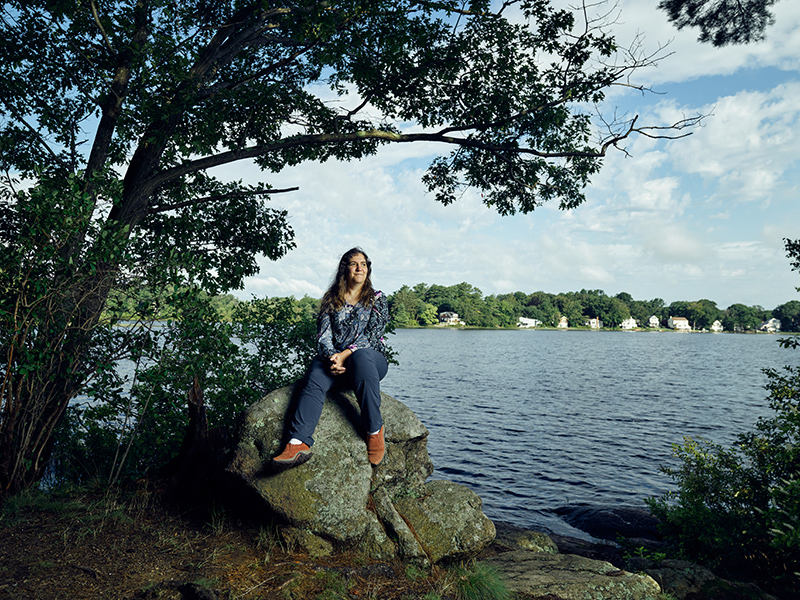
Over the years, the mission expanded beyond vernal ponds, adding on courses on local wildlife, habitats, and ecology. Kestrel added programs for home schoolers and launched camps during February and summer vacations.
As program offerings expanded, however, all kept at their core the outdoor experience. Almost all of the schools Kestrel works with have access to local wild areas where students can do deep investigations of the natural cycles, struggles, and triumphs going on in their own backyards.
The idea is to teach kids about science, not by filling them with facts, but by encouraging them to unleash their inner scientist. Once the kids are out in the woods, they are encouraged to observe, explore, measure, ask questions, and consider the answers.
“When you tell them that they’re scientists and they’re going to discover things, this causes them to get really invested in the process,” Kagle says.
Creativity is also an essential ingredient in Kestrel’s approach. Students are asked to share what they’ve learned by putting together murals, presentations, or other creative expressions of their observations and conclusions. The process helps solidify what students are learning, Kagle says.
“If you’re taking these rich sensory experiences that you had and you’re using them to make something, then you are doing this complete intellectual, brain-building process,” she says. “It sounds fancy, but sometimes it looks like kids with crayons crawling on paper drawing what they saw.”
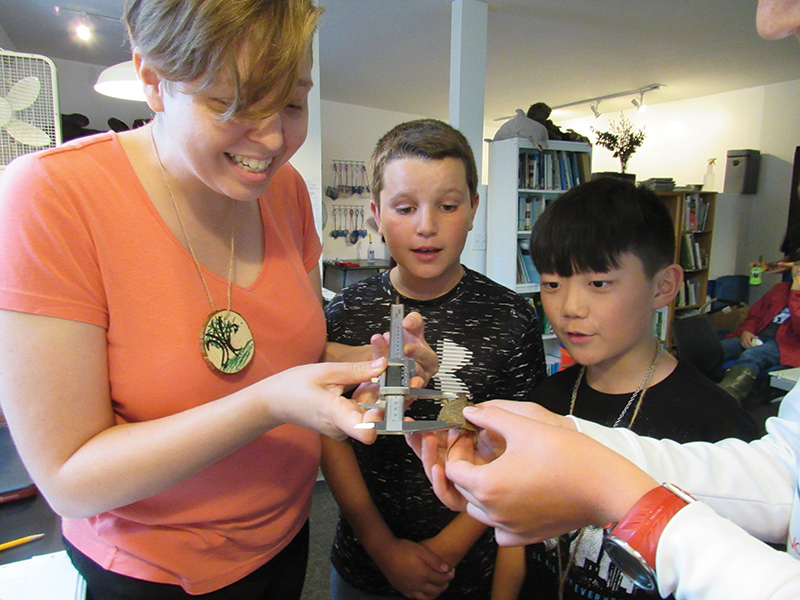
Teachers who have worked with Kestrel praise the staff’s passion, knowledge, and responsiveness. When the pandemic shut down schools last year, Kagle worked with Rockport Middle School teacher Amy Rich to create a curriculum focused on identifying and solving problems faced by local wildlife. Students had to choose an animal, research the challenges it faces, design a solution, and build a prototype of their idea, which they then field tested.
The project was ambitious, but engaging, says Rich.
“Because she and her employees know so much, the bar is high,” she says. “It makes students work toward these really high-achieving goals.”
For Kagle, watching a project such as Rockport’s unfold is the realization of the vision she had for Kestrel nearly 20 years ago.
“What I’m most proud of that Kestrel has done is really elevating the idea of kids being scientists,” she says. “That’s why we all want to get up every morning: To see what the students will discover and what they will create.”
CONTACT: kestreleducation.org

